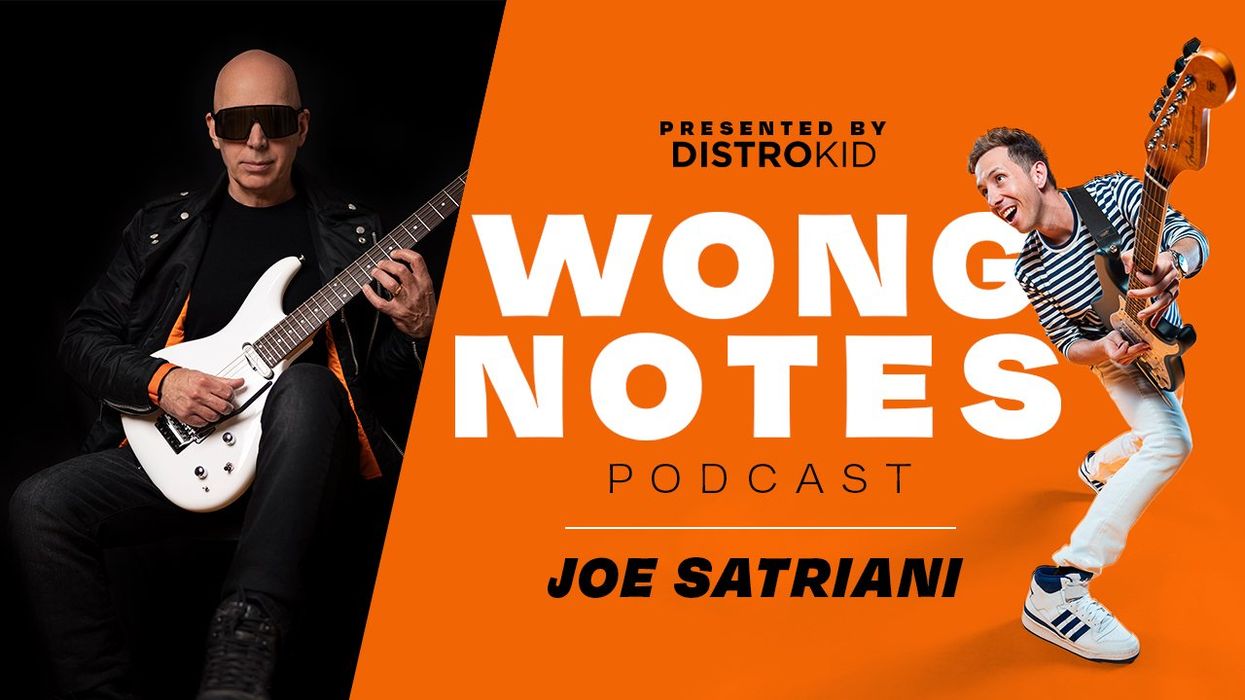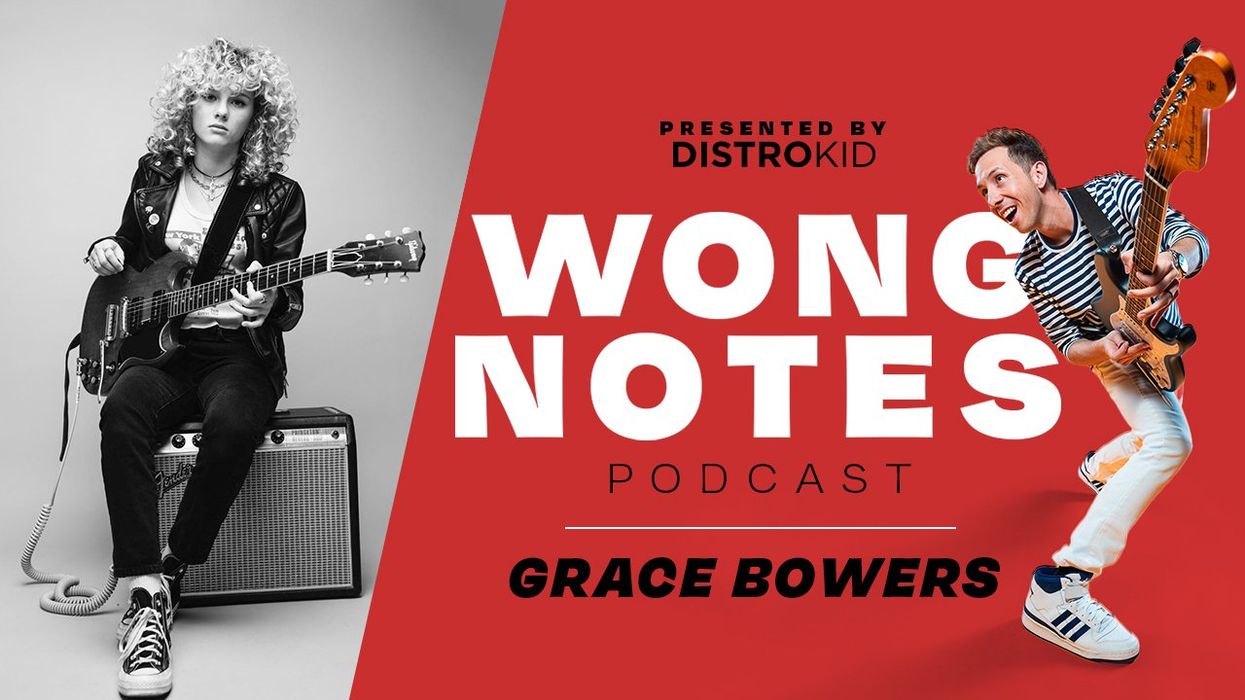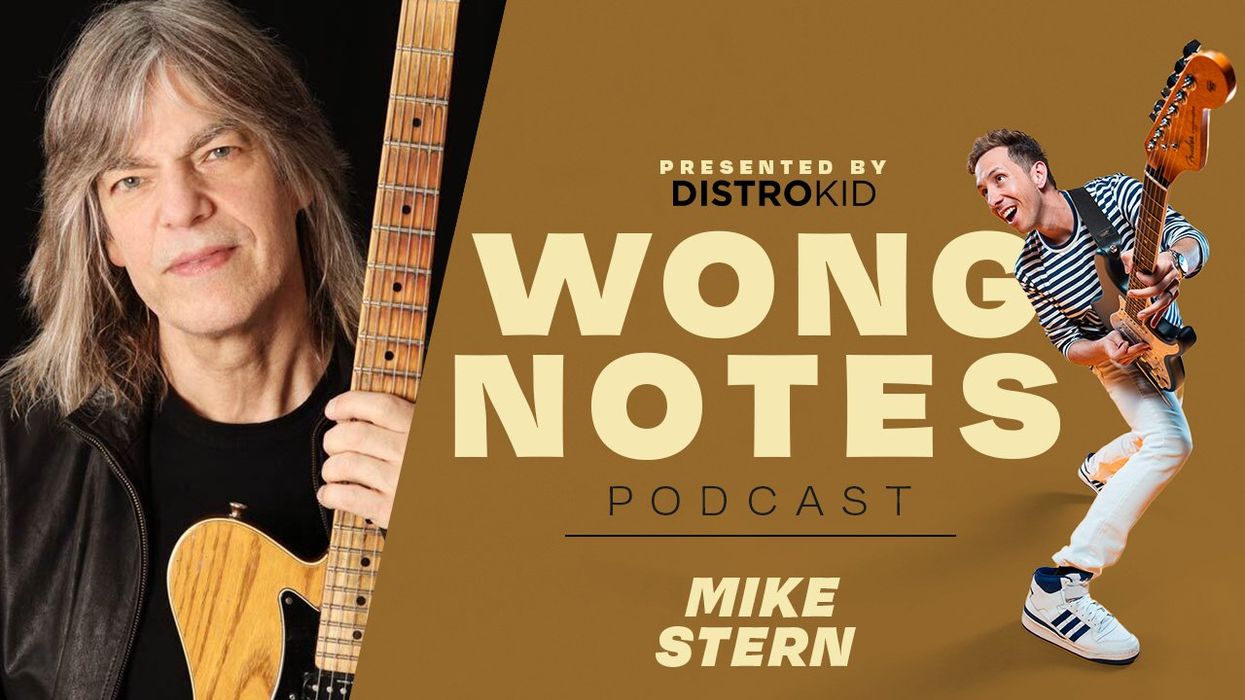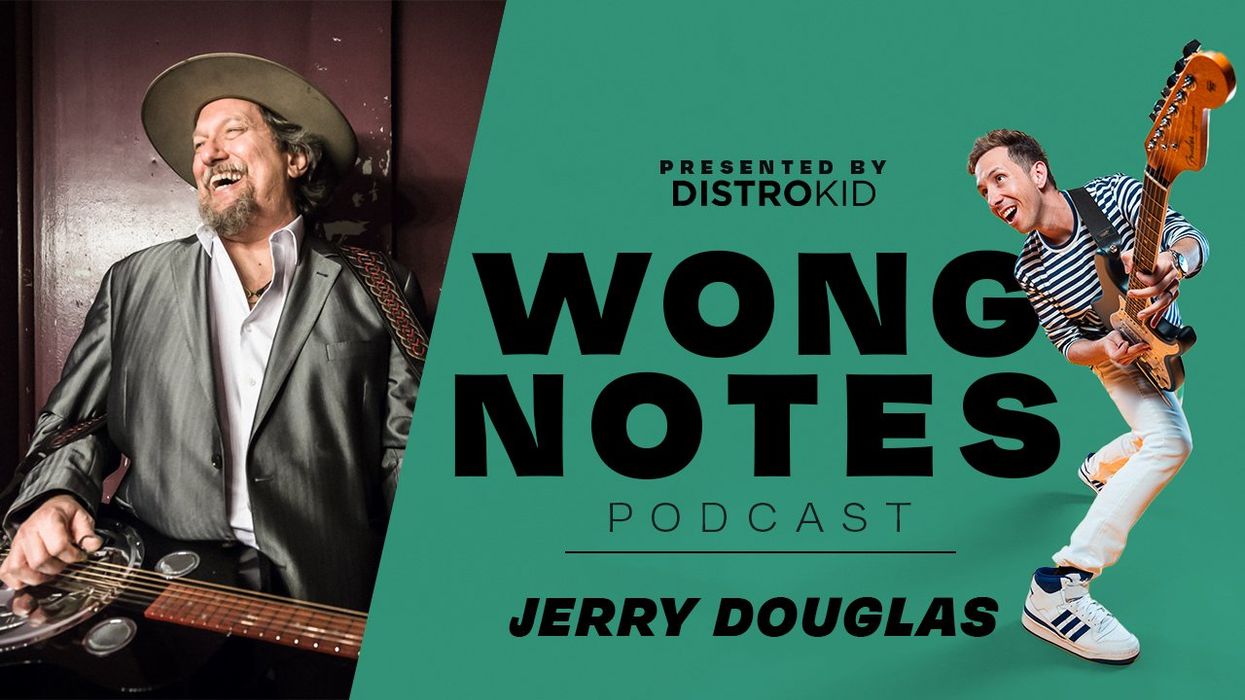The indie-rocker tells Cory Wong how the legendary martial artist inspired her gritty new record, and goes deep on the dangerous game of celebrity.
Hot off an eight-show stand in New York with Vulfpeck, plus a guest appearance with Dave Matthews Band at Madison Square Gardens, Cory Wong sits down with indie-rock bandleader Margaret Glaspyfor an in-depth dialogue on artistry, celebrity, and the wisdom of Bruce Lee.
Glaspy shares how she cut her latest record, Echo The Diamond, live off the floor, with most of the “homework” happening beforehand and studio performances happening in-the-moment. “It really felt like air blew through the studio and then the record was made,” she says. “What you’re hearing is mostly what happening.” The songs are like photographs of a particular moment, rather than an essential, unchanging thing; Glaspy says she values the “dying art” of taking risks in music.
Glaspy runs down how she and husband Julian Lage work on each other’s projects, and highlights one of their key criteria in assessing performances: are you your best guitar player right now? “Would you hire yourself or fire yourself?” poses Glaspy.
The conversation turns to Glaspy’s rig on the record—she played through a Magic Amps rendition of a black-panel Fender Princeton, plus a Fender Champ combo—before revealing that these days, she’s bypassing her tuner pedal and letting the audience hear the process between songs. “Let’s not hide what’s needed to make this actually go,” she laughs.
Glaspy runs down how she and husband Julian Lage work on each other’s projects, and highlights one of their key criteria in assessing performances: are you your best guitar player right now? “Would you hire yourself or fire yourself?” poses Glaspy.The conversation turns to Glaspy’s rig on the record—she played through a Magic Amps rendition of a black-panel Fender Princeton, plus a Fender Champ combo—before revealing that these days, she’s bypassing her tuner pedal and letting the audience hear the process between songs. “Let’s not hide what’s needed to make this actually go,” she laughs.
The conversation turns to Glaspy’s rig on the record—she played through a Magic Amps rendition of a black-panel Fender Princeton, plus a Fender Champ combo—before revealing that these days, she’s bypassing her tuner pedal and letting the audience hear the process between songs. “Let’s not hide what’s needed to make this actually go,” she laughs.Wong and Glaspy swap notes on Bruce Lee’s winning combo of talent and work ethic (and how one of his quotes inspired Glaspy’s record) before finishing with a fascinating philosophical dissection of artistry, pop culture, and celebrity. “The business of celebrity intertwines them in a way that’s hard to escape,” says Glaspy, who sees a clash between surface-level fantasy and bone-deep darkness in pop culture.
Tune in to the episode to learn all the gems from Echo The Diamond.

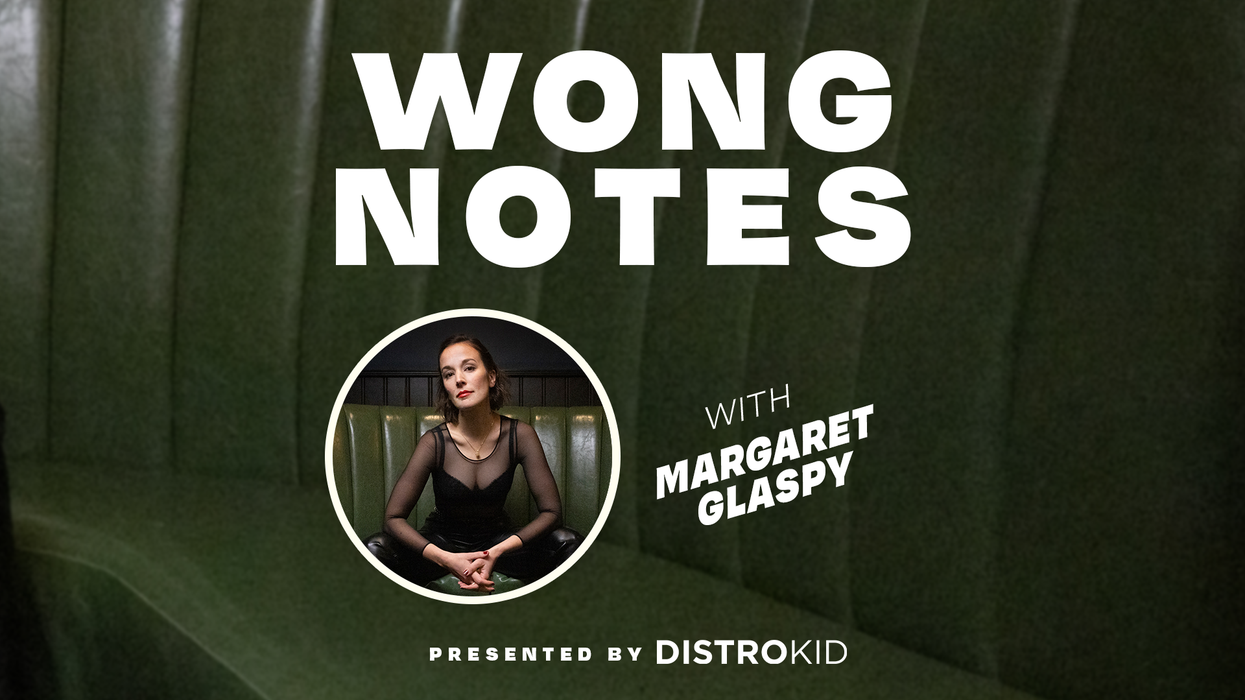
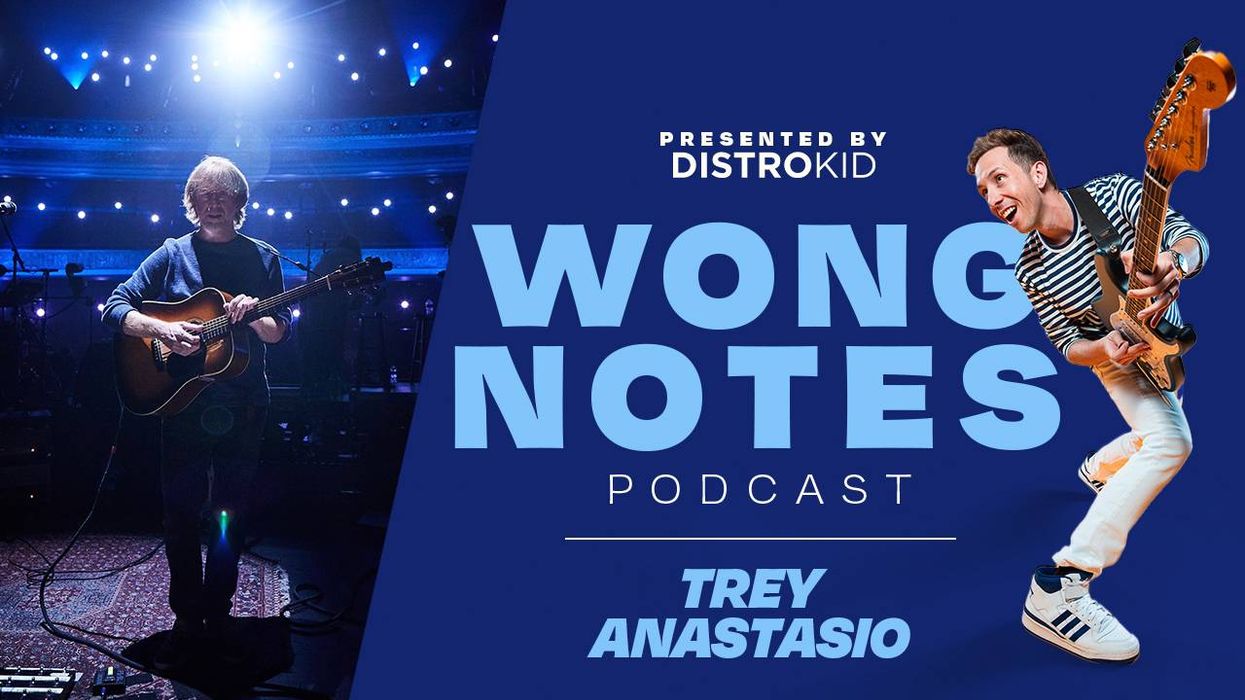
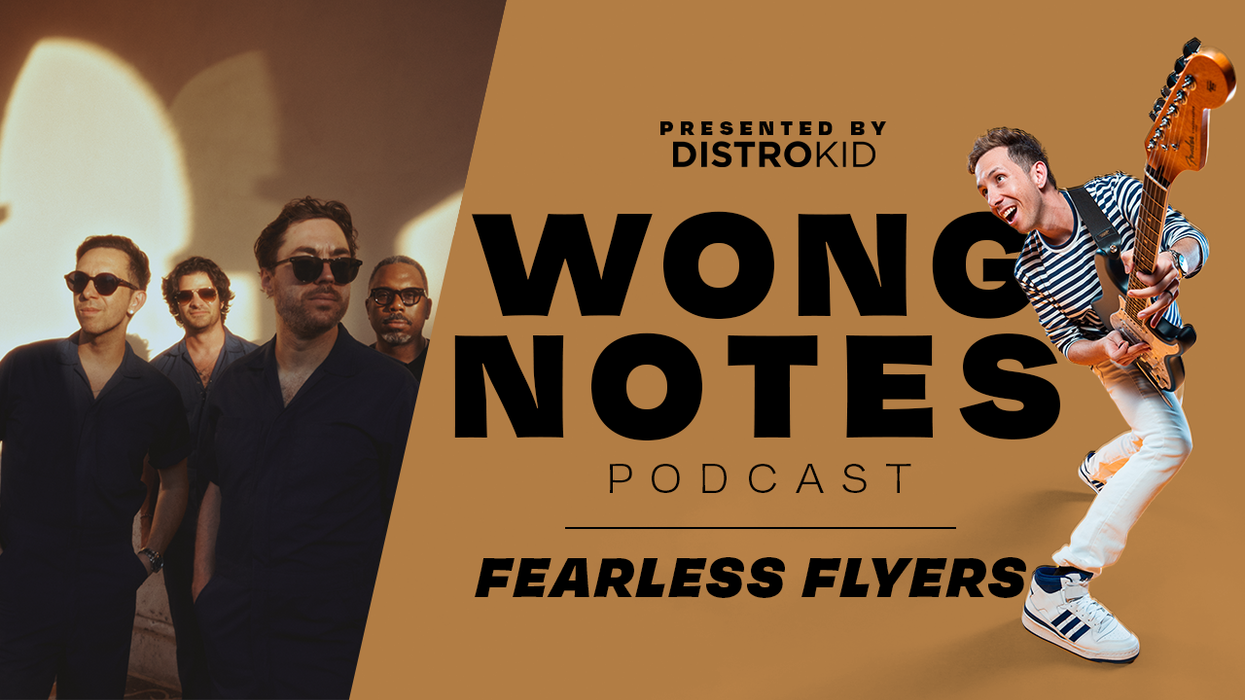
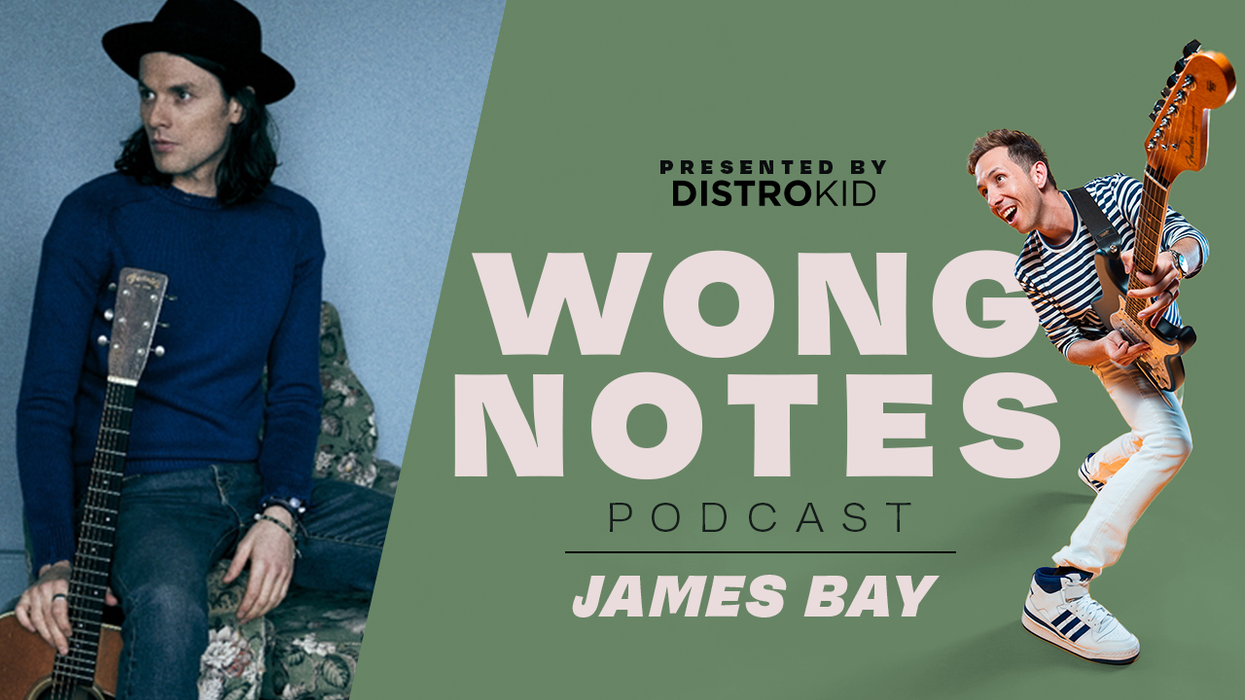
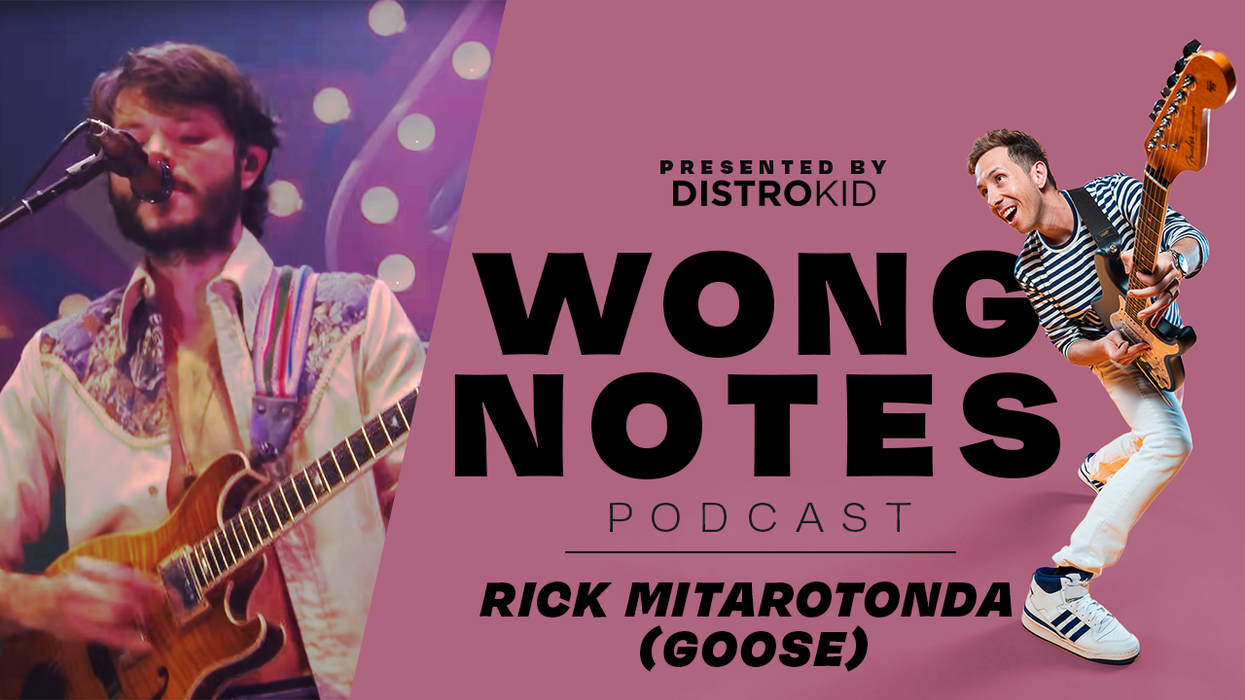
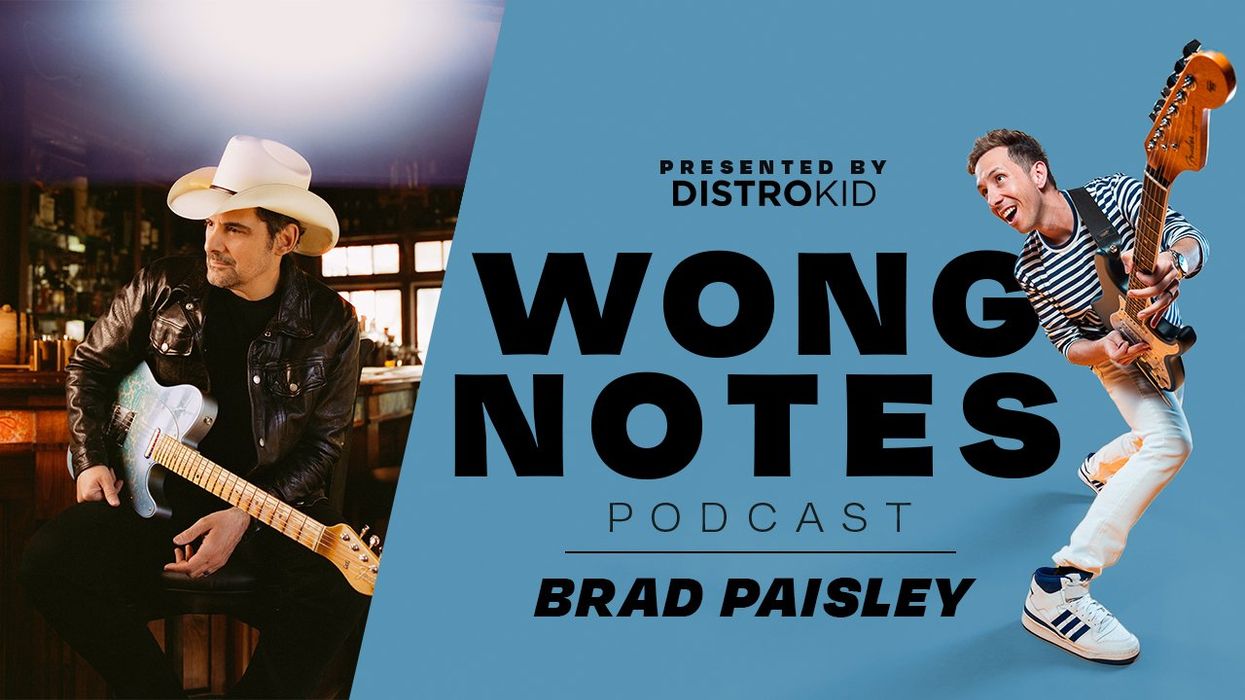
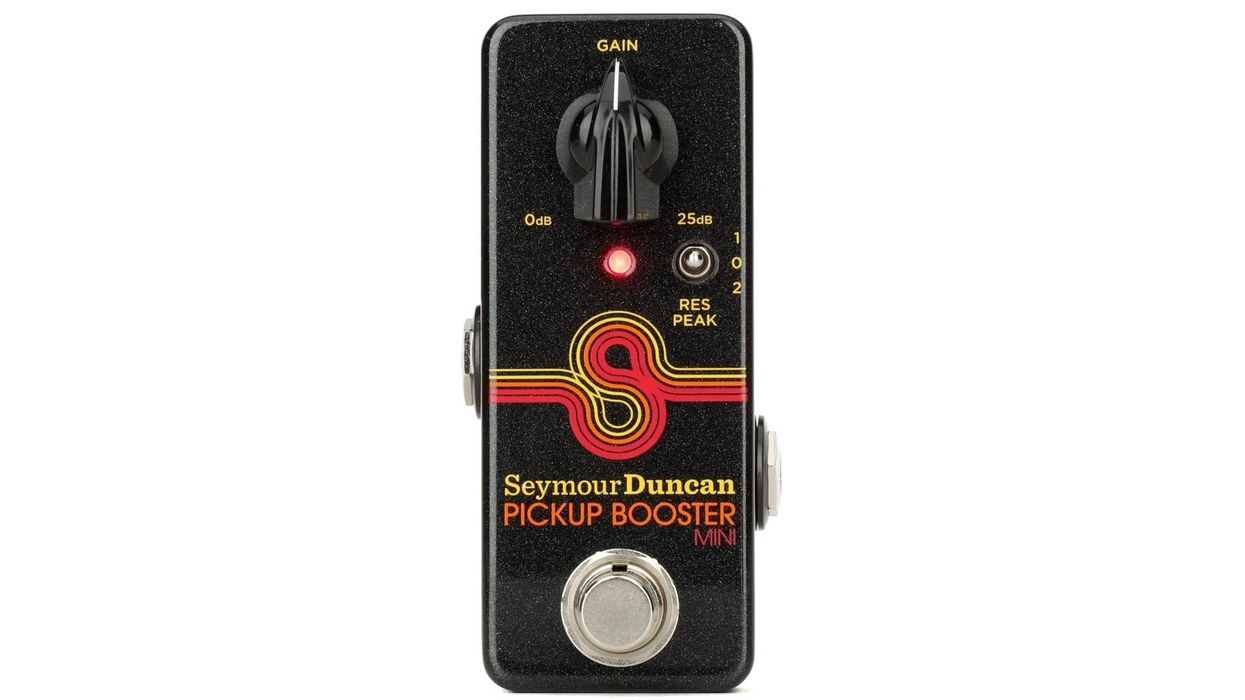
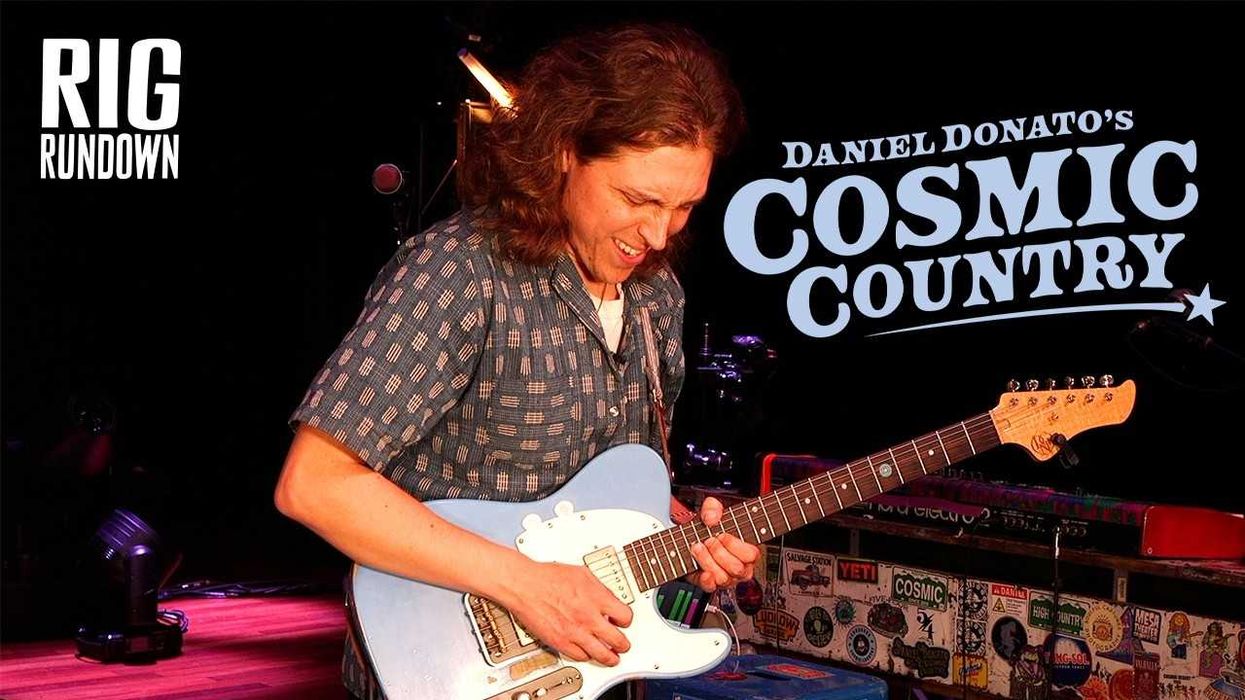
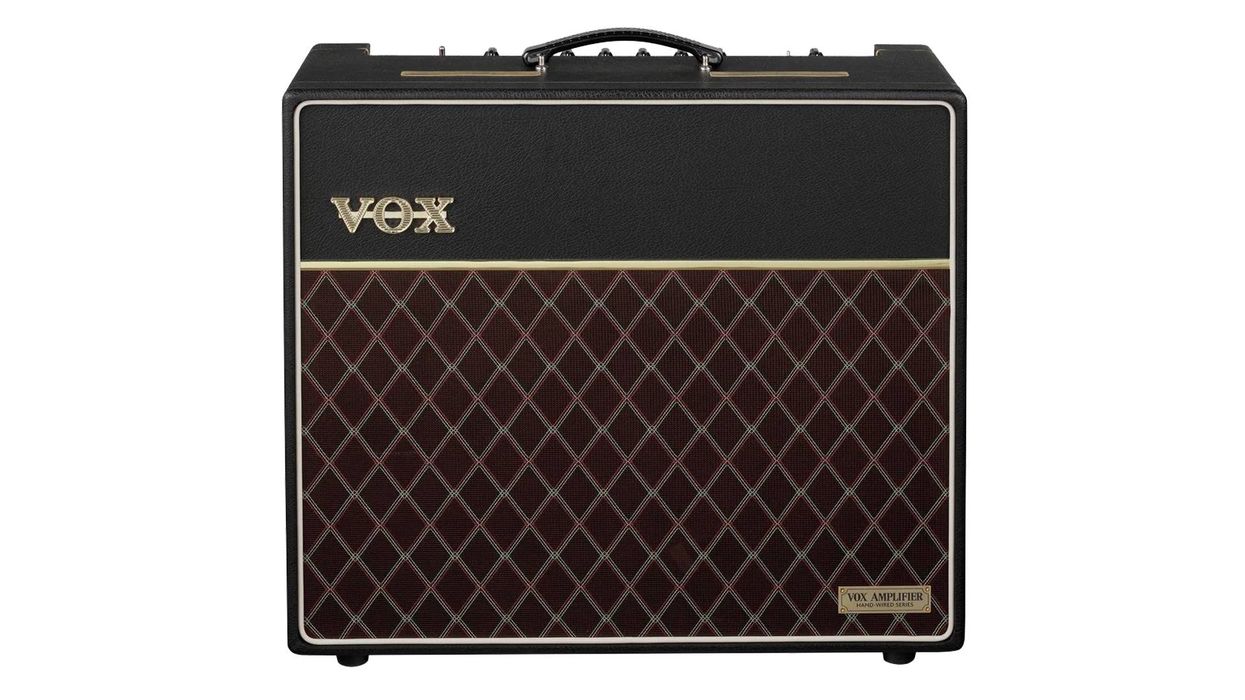


![Devon Eisenbarger [Katy Perry] Rig Rundown](https://www.premierguitar.com/media-library/youtube.jpg?id=61774583&width=1245&height=700&quality=70&coordinates=0%2C0%2C0%2C0)
